INTERVIEW

Andrés Cámara
Andres Camara, began his studies in 2001, but was not the beginning of a dream, the beginning came when he was fifteen and saw a Christmas trilogy of Indiana Jones, Back to the Future, ET The Extra-Terrestrial, Citizen Kane , Schindler’s list, etc … in short most of the filmography of Steven Spielberg, Robert Zemekis and Orson Welles. He decided to study film for which I work and save money to pay for their studies.
In film school he made the short with the award for best direction.
Several years later already I performed a short step festivals. It’s called “Memories”. Based on part of your life and you can see on this page.
At this time, she is launching the short “acetylsalicylic acid” all the festivals in the world. The film is based on a script I get it. You can see all about short on this page.
Later this finishing assembly and post-production of his short film “born again”. Short festivals that will be sent when completed and based on the news that invaded us, sadly for all of the stolen children forty years ago.
Not content with this and has another short, “Arizona” in pre-production, which will also go to all the festivals in the world.
Hello Andres and Thank you for granting us this interview
[MIS] First, Can you tell us a little about your background and how you got started in filmmaking?
[Andres] My background is seven shorts from about twenty years ago. I love watching movies and at the age of fifteen I decided that I wanted to be a director
[MIS] Can you discuss your creative process and how you approach writing, directing, and editing your films?
[Andres] Because each one is different. sometimes I write a rundown, other times I directly script it, other times I have asked for help and we have half-written it. The direction that is what I like the most, I think a lot about how to tell the story with the camera. I stop to think about the plane a lot. And then you have to choose good actors. The editing almost comes by itself, as I shoot with everything very clear, the shots are assembled by themselves, you have to decide between sequences, narratively speaking.
[MIS] What inspired you to make El viaje de mi vida , and what message or story did you want to convey to your audience?
[Andres] Well, it started with an offer from a contest, and since something similar happened in my life with my mother, I took the opportunity to tell the story that happened to me, because I think it is very emotional, and perhaps it would help someone, in fact the actress who plays the mother, also had a similar experience
[MIS] How did you come up with the idea for La Linea? And What do you hope viewers take away from it?
[Andres] Well, you see what happens in the world, and sometimes it all seems a little absurd. There are many very dramatic stories, but I wanted to give it an absurd whole, because of how absurd everything seems, that’s why he created those dialogues. I imagine that each spectator will draw conclusions from him, and whatever they may be, we will have to respect them all, even if we do not agree, but it would be fine, if everything were more logical
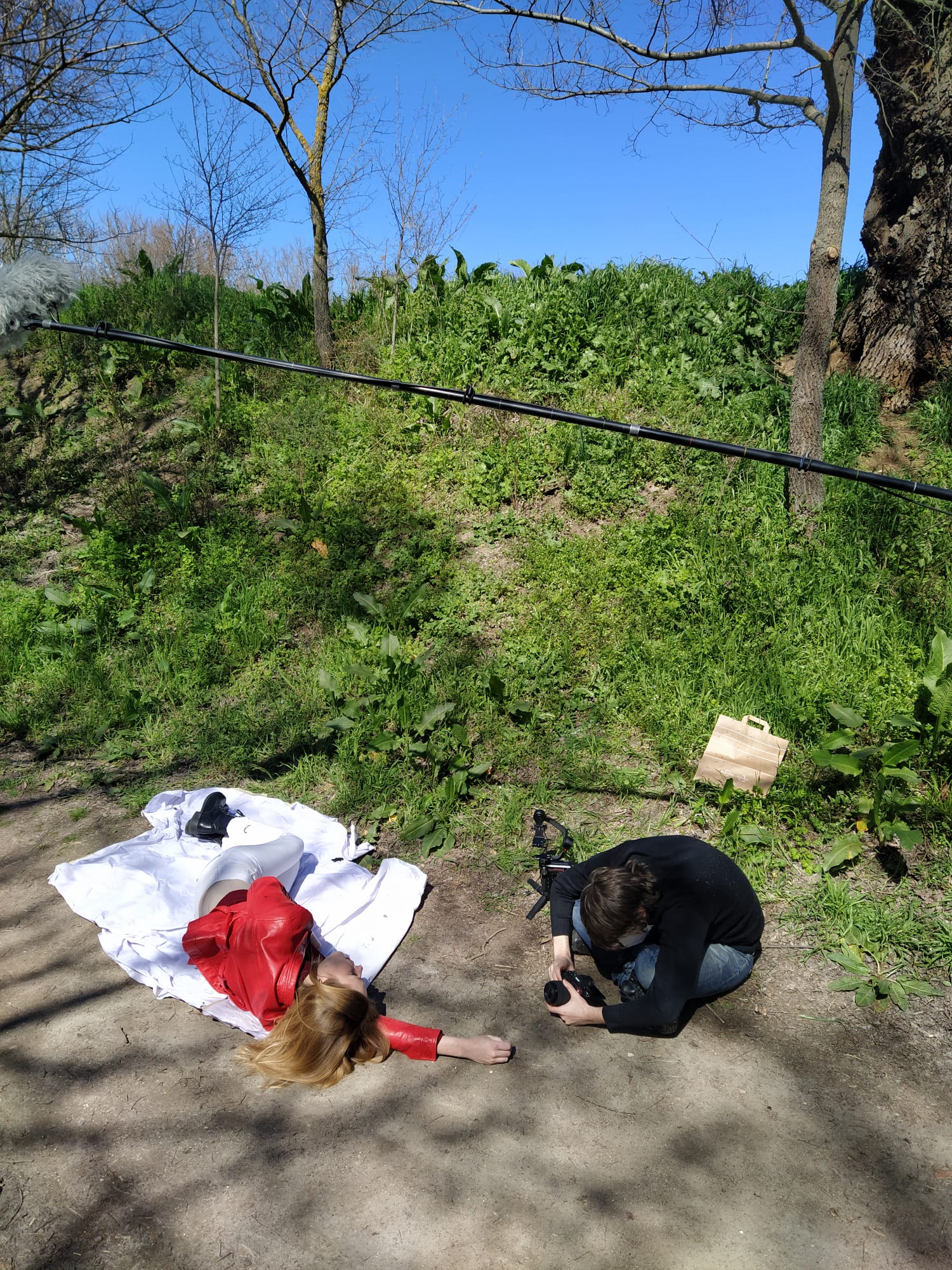
[MIS] How do you approach lighting in your films, and what role does it play in telling the story?
[Andres] Lighting is essential in a story; it is both the appearance of good cinema and the support to tell what is happening at all times. It has to get you into the story and support it narratively, whether it’s darker, more enjoyable or very hard.
[MIS] How Was Working with Emma Aguirre in El viaje de mi vida and La Linea?
[Andres] Working with Emma Aguirre is always great. She, she doesn’t know what a great actress she is. They are so different roles, and she plays them wonderfully. She loves to act, and when I proposed the two to her, she was delighted, because of how different they are, although it is true that the line was difficult for her mentally, since it is very hard
[MIS] Also, you work in most of your Short Films with Young talents, which is usually difficult. What can you tell us about that.
[Andres] Well, it’s wonderful to work with them, I like to work with people who are good at their job, but also who are nice people, and when it happens that it is almost always magnificent, because the work is easy and fast. They take it inside and it comes out alone
[MIS] How do you think advancements in camera and lighting technology have impacted the role of cinematography in modern filmmaking?
[Andres] Well, I could tell you that on the one hand they have democratized the cinema, making it cheaper, or that is always said, but I think it is quite false. After all, it is just another tool. The base is in the filming and that will always remain expensive. Then in postpo it is still expensive and sometimes very difficult to achieve the same effect
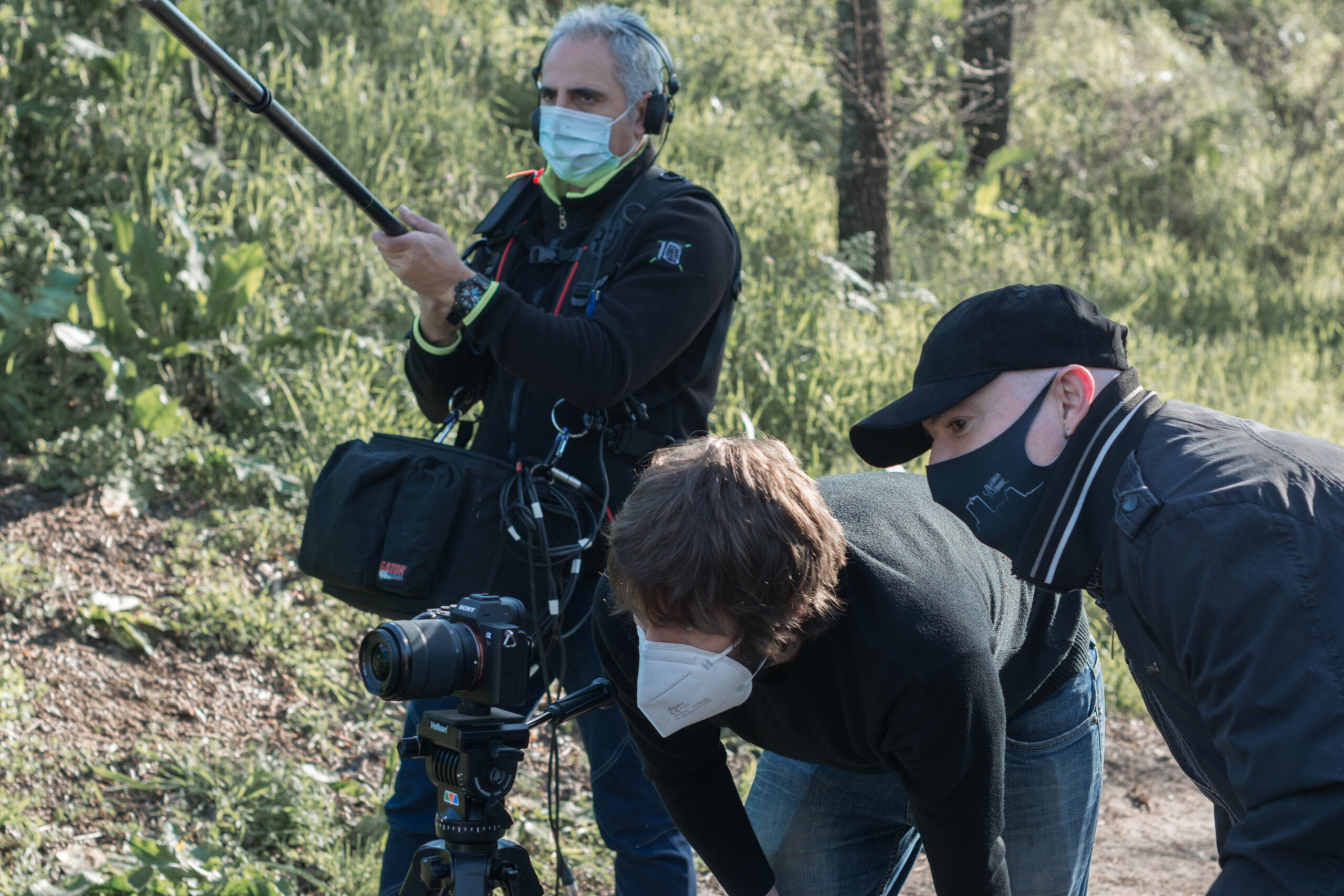
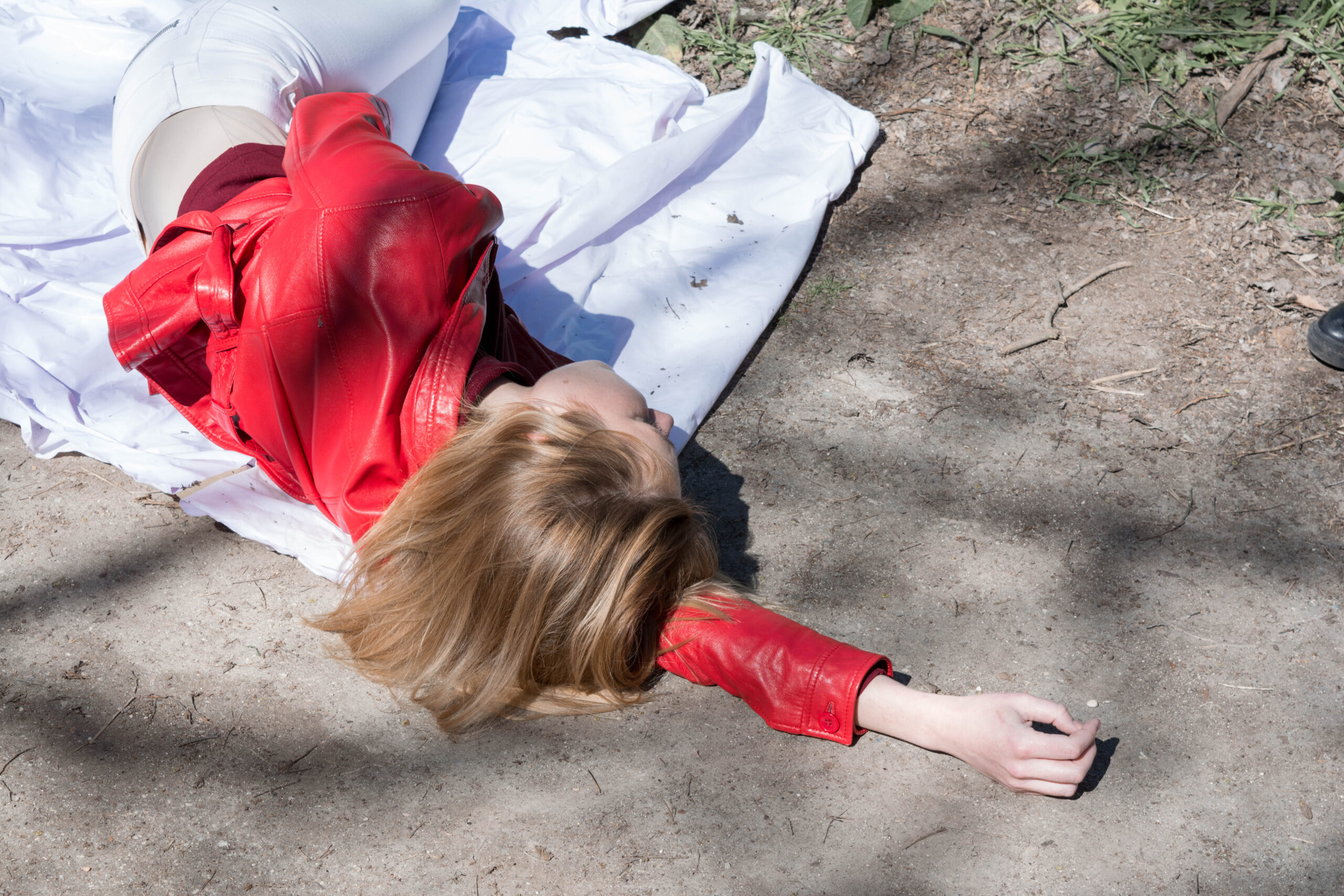
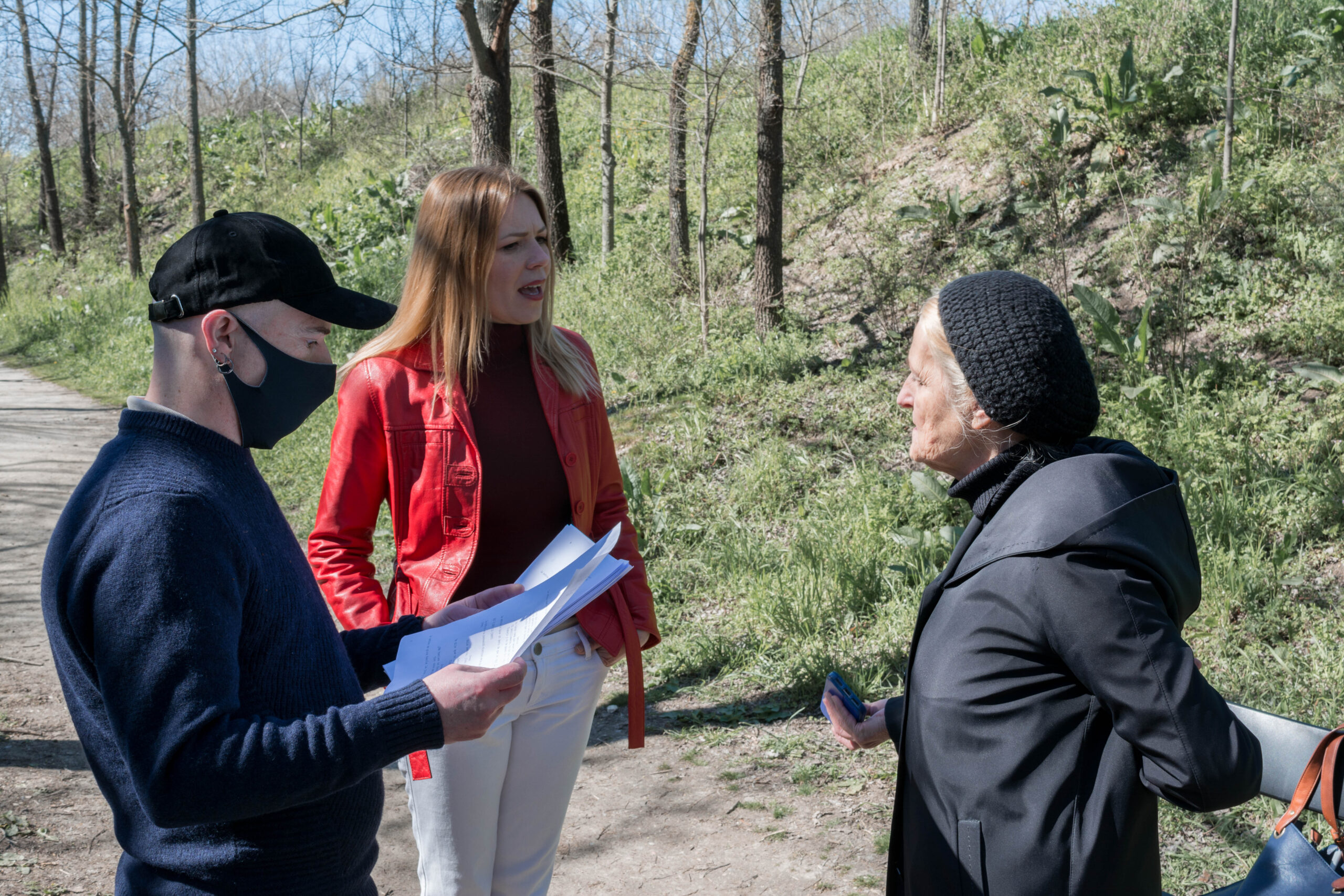
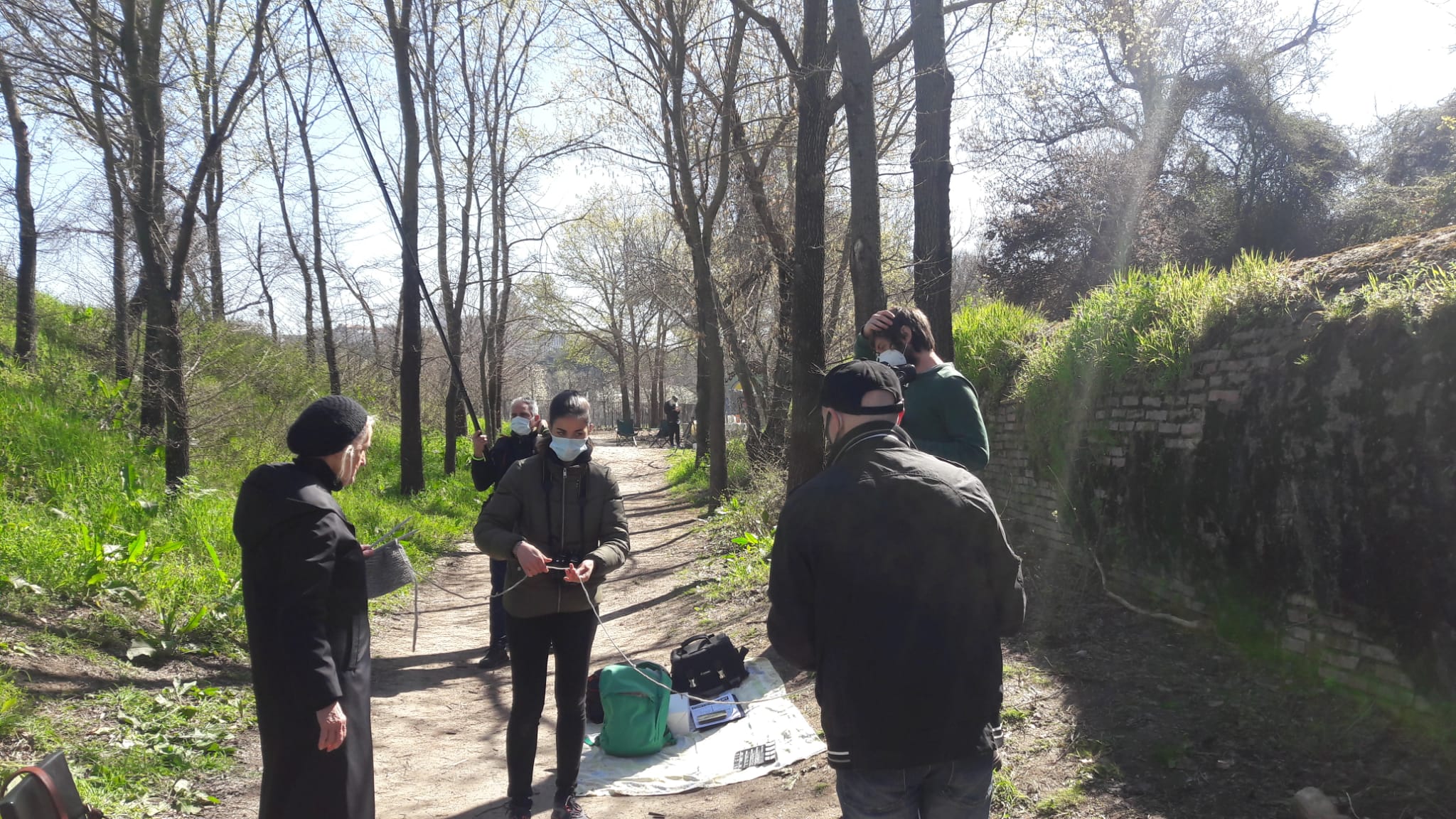
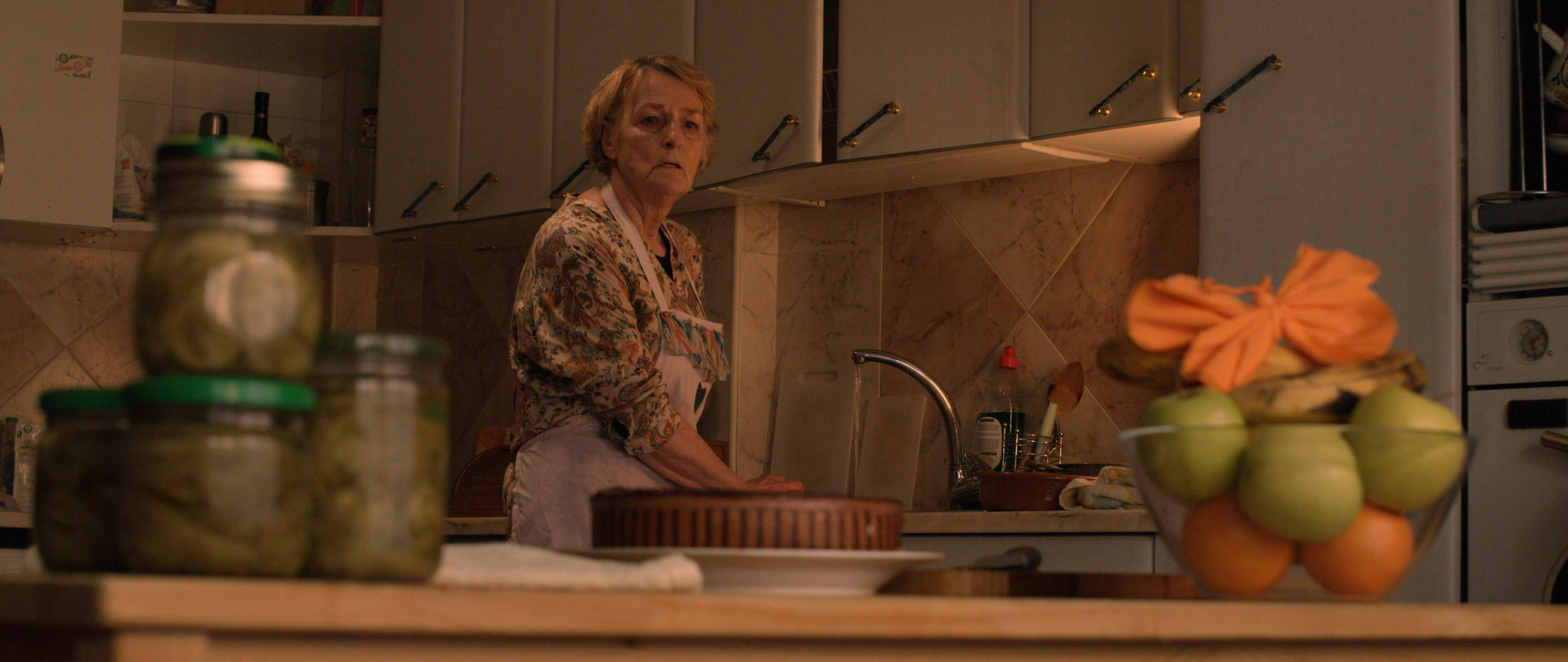
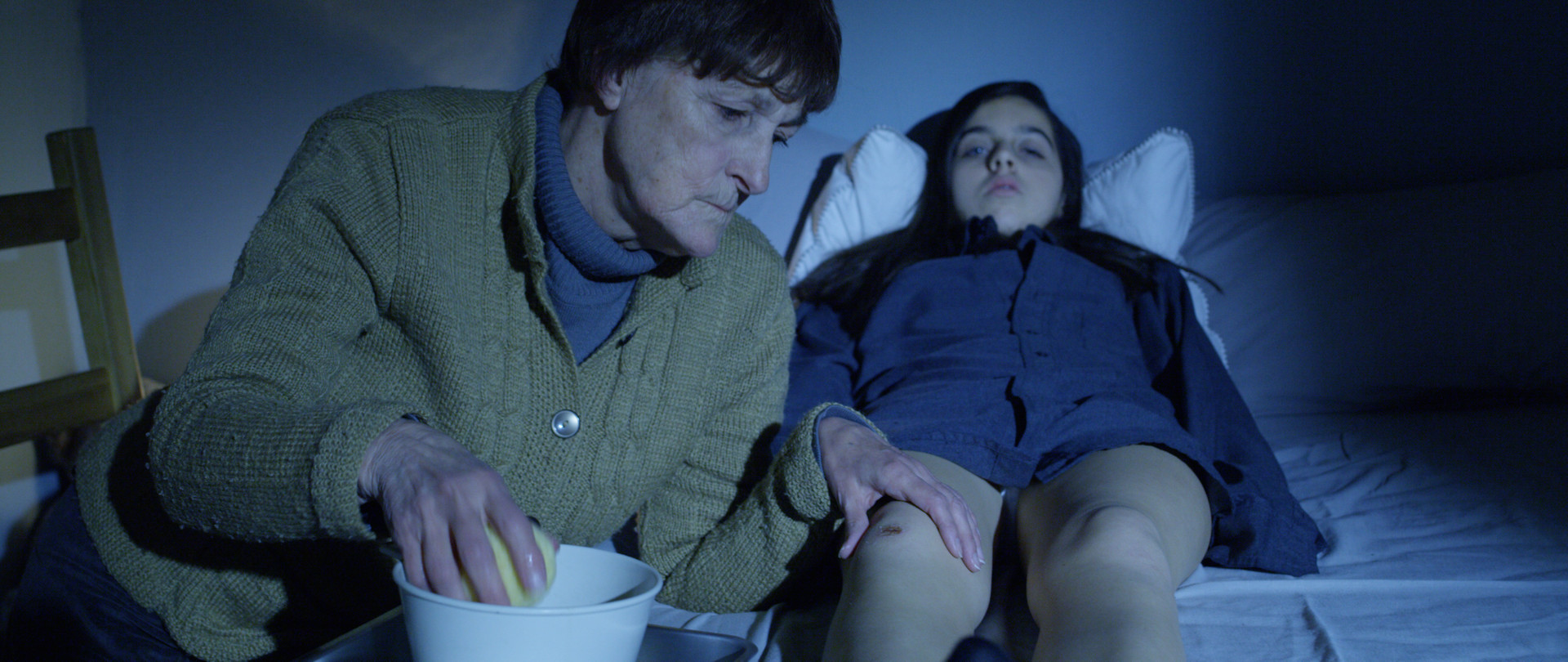
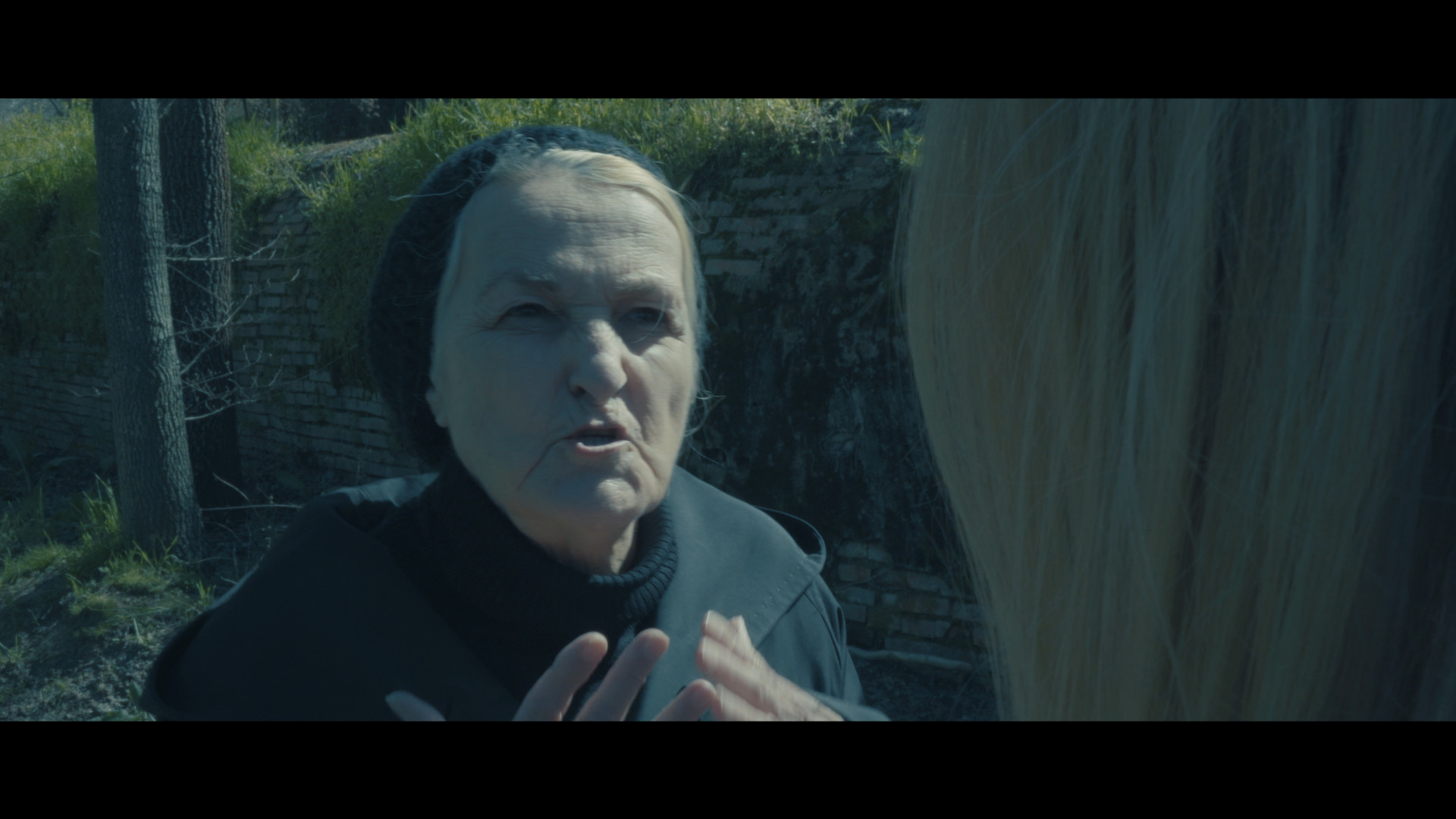
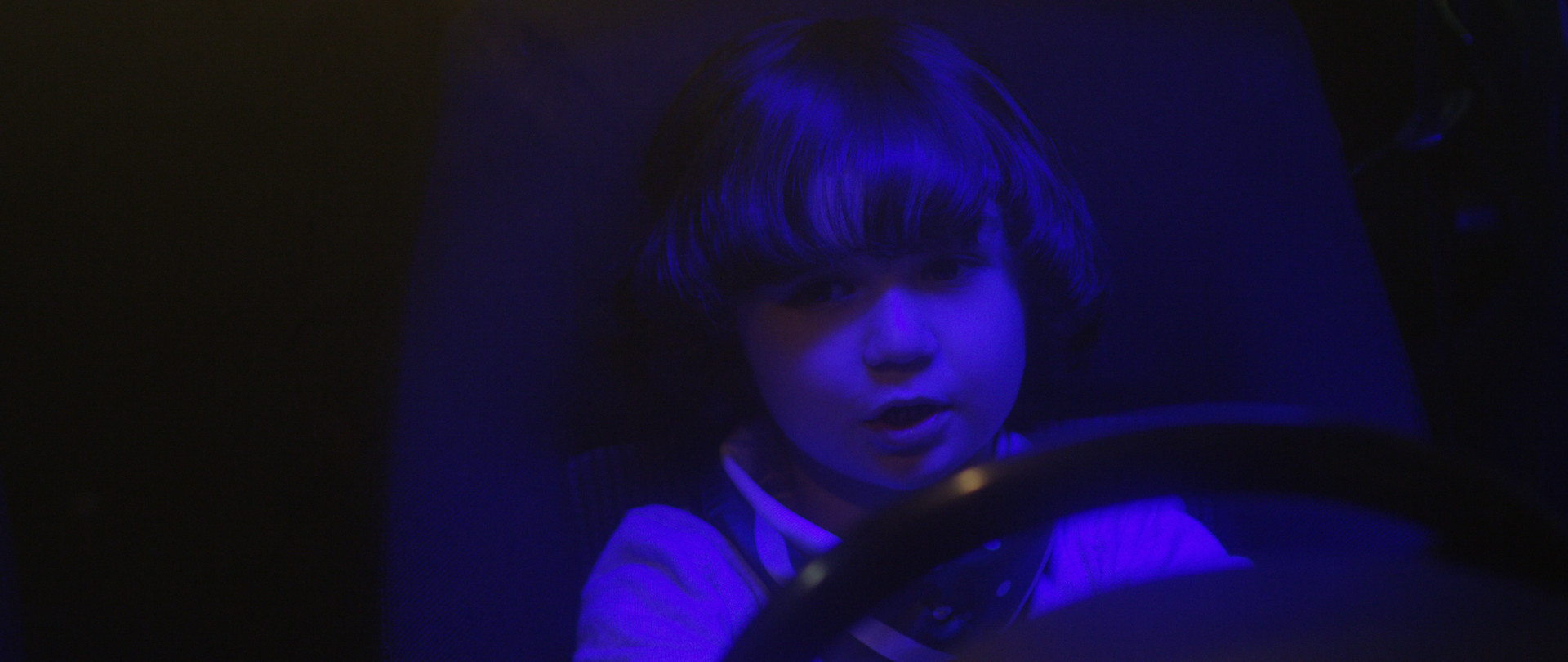
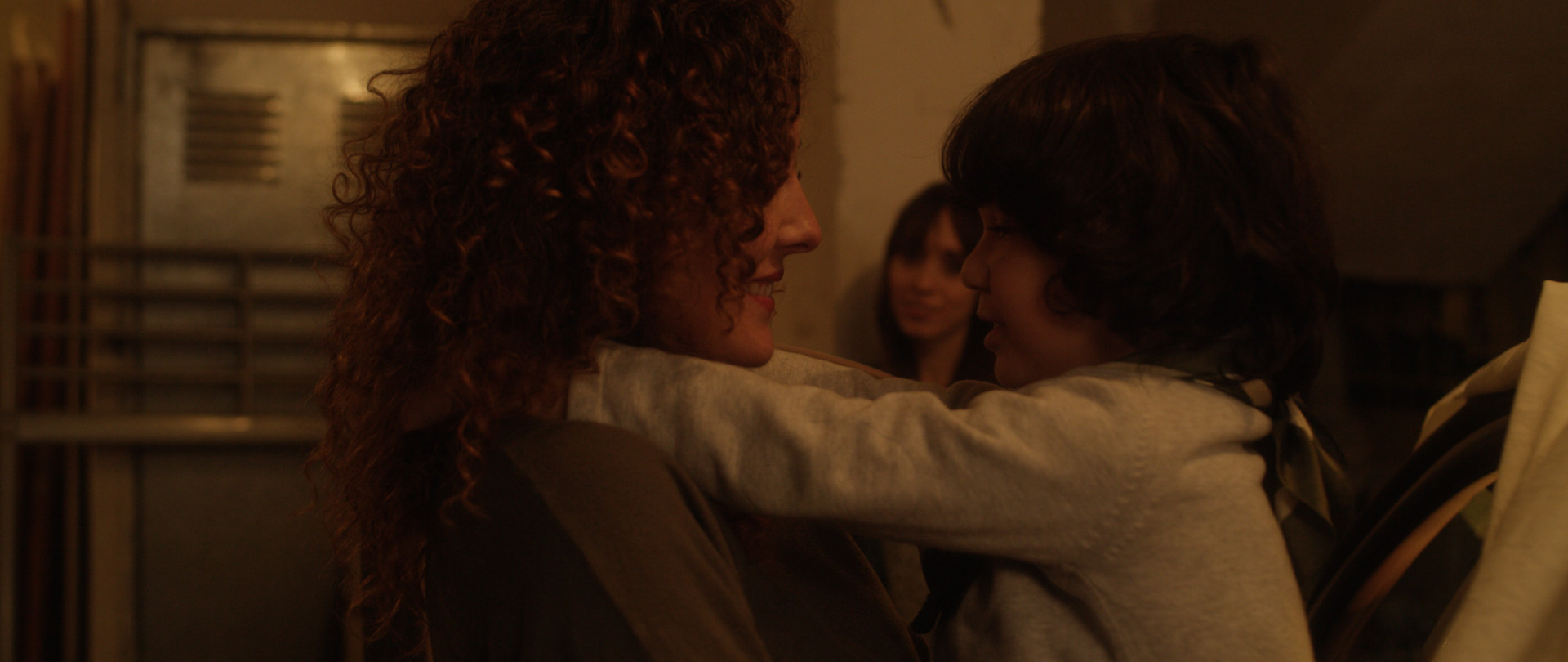
[MIS] What projects are you currently working on, and what can viewers expect to see from you in the future?
[Andres] Well now we are shooting an independent feature film, while I look for financing for two other feature films. The world of short films is already too stuck and I think the way is to make feature films and I’m going for them
[MIS] What advice do you have for aspiring short film filmmakers, and how can they get started in the industry?
[Andres] If I knew how to start in the industry, I would apply it to myself, hahahaha. It is a very hard and difficult industry. But yes, you have to make a short film, to learn, and above all, to be very lucky.
[MIS] Any Final Thought at the end of this Interview?
[Andres] Well, it’s a very beautiful way of life, we wouldn’t know how to live without it, that’s why we do it. A lot of encouragement to keep going, because it is a long-distance race and it is not always achieved and that must also be taken into account

